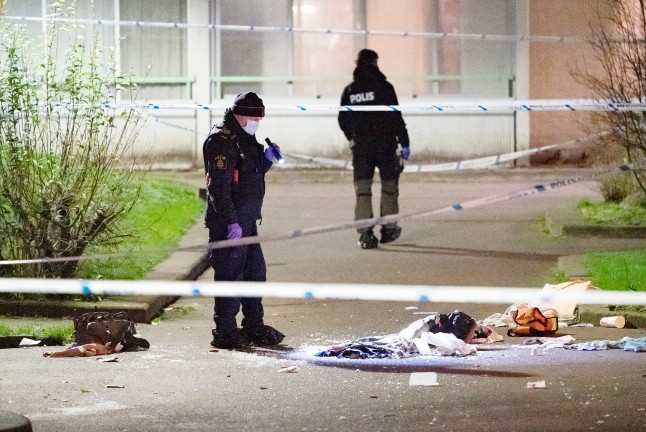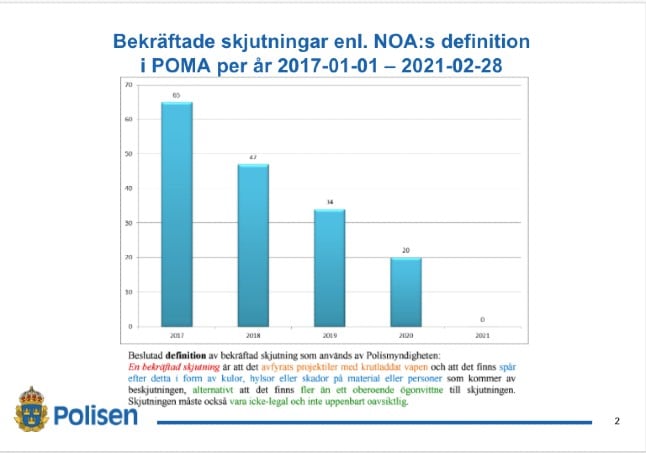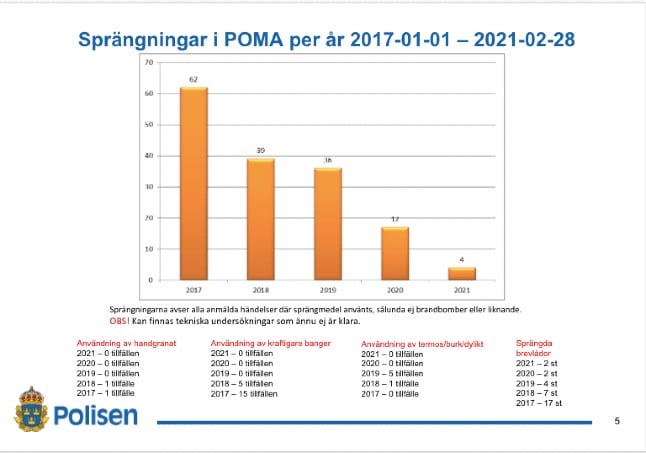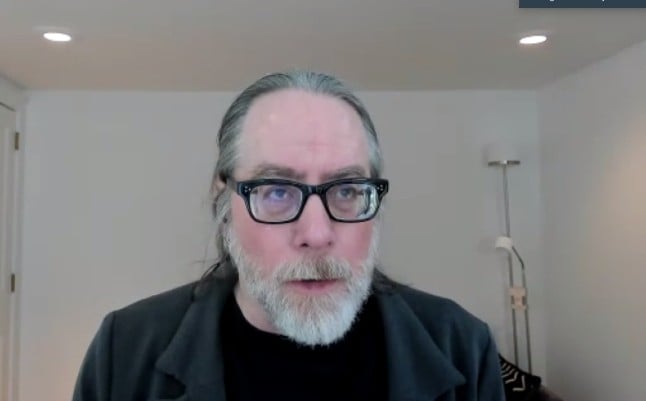At the same time, racist and islamophobic crime is on the rise in Sweden’s third-largest city.
During 2009, as many as 80 anti-Semitic hate crimes, taking the form of threats, violence, graffiti and harassment in schools were reported.
The high number sparked an intense debate, and caused the Jewish organisation Simon Wiesenthal Centre to dissuade Jews from travelling to the city, warning of a high risk of harassment.
New statistics from the Skåne police force show that anti-Semitic crime decreased sharply in 2010, with 33 reported cases.
Susanne Gosenius, hate crime coordinator with the Skåne police, believes that 2009’s high figure can be explained by a few exceptional circumstances that occurred that year.
“We can see that the reports made in 2009 were derived from the events that took place in Malmö, for instance two major Israel demonstrations, and the Davis Cup, when Israel were here and played. Quite a few of the reports occurred walking to or from the demonstrations, or the Davis Cup games,” she said to SR.
While anti-Semitic crime figures are dropping, Malmö hate crimes with racist or islamophobic motives have increased sharply.
167 racist hate crimes were reported in the city in 2009. One year later the figure was 302. Over the same period, islamophobic hate crimes increased from 7 to 40 reported cases.
“My guess is that within the police we’ve become better at acknowledging them, and the media discussion that occurred the year before may have made people more likely to report crimes,” said Susanne Gosenius.
She underlines that special efforts have been made within the police force to educate about hate crimes.
“We also have special hate crime investigators, and hate crimes are a prioritized subject for us.”
Malmö’s Jewish community, while happy to see diminishing figures, continues to feel concerned about anti-Semitic sentiments in their city.
“It’s an established fact that there is an anti-Semitic current in Malmö. That hasn’t changed from one year to the next,” said Fredrik Sieradzki, spokesman for Malmö’s Jewish community, who also takes care to note that while the crimes persist, the group responsible for them is very small.





 Please whitelist us to continue reading.
Please whitelist us to continue reading.
Member comments